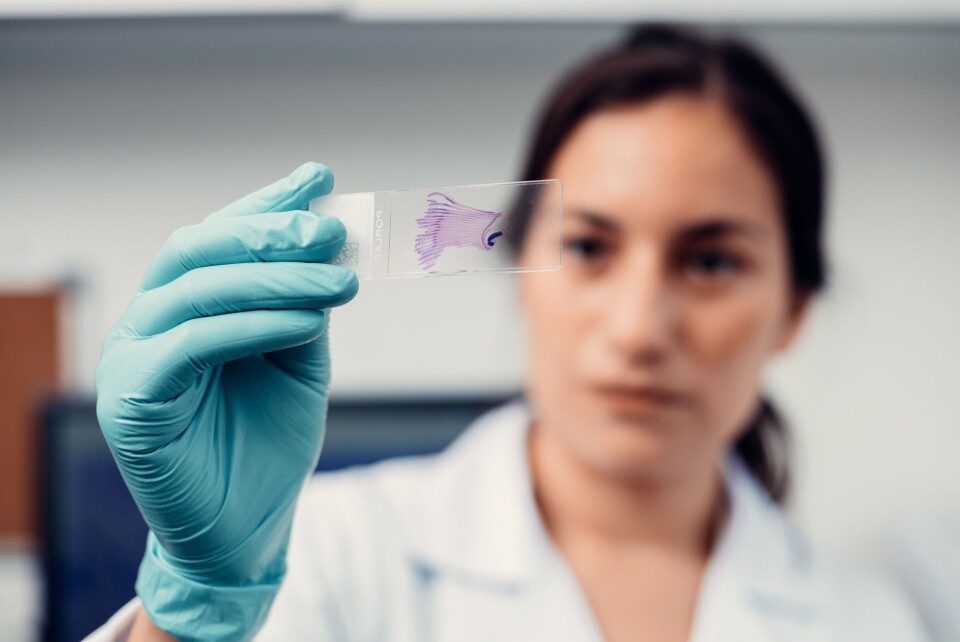
Chilean fish farming pathologist VeHiCe opens Scotland lab
The Chilean advanced pathology and histopathology company, Veterinary Histopathology Centre (VeHiCe), has established a laboratory operation in Glasgow to better serve fish farming customers in Scotland and the rest of Europe.
The company has formed a strategic alliance with the University of Glasgow, where samples will be received, processed and digitalised, it said in a press release.
VeHiCe, which already exports pathology services to different markets such as Europe, North America and Central America from its headquarters in the Chilean salmon farming city of Puerto Montt, said it had invested in state-of-the-art technology to be able to start receiving and processing samples from April.

Increased demand
“The idea to start operations in UK arose due to the important and constant increase in the number of customers from Europe,” said VeHiCe commercial manager Marcelo Vera.
“The revolutionary services and high tech of our services call the attention of many aquaculture companies in this region.”
Regarding the staff in the Scottish branch, Vera said: “The international director of the company is Professor Hugh Ferguson, who is one of the most recognised fish pathologists worldwide and is leading this project together with Barbara Etcharren (a histopatologist with wide experience in fish) who is located in the Highlands.
“In addition, we will have a technical-commercial department for supporting the requirements of our European customers.”
A crucial step forward
Vera continued: “We consider Scotland as a neuralgic point where we will be able to receive local samples, as well as from Norway and other species of importance from the Mediterranean Sea and other areas of Europe.
“For us it is a crucial step to expand our operations in Europe and will be a milestone because it will set the course for our future expansion plan to other relevant geographical areas where we have very important customers.”
VeHiCe’s services include pathogen detection, toxicology, evaluation of smoltification status, diet evaluation, reproductive analysis, digital quantitative pathology, evaluation of skeletal muscle deformations and detection of harmful algal blooms.























































